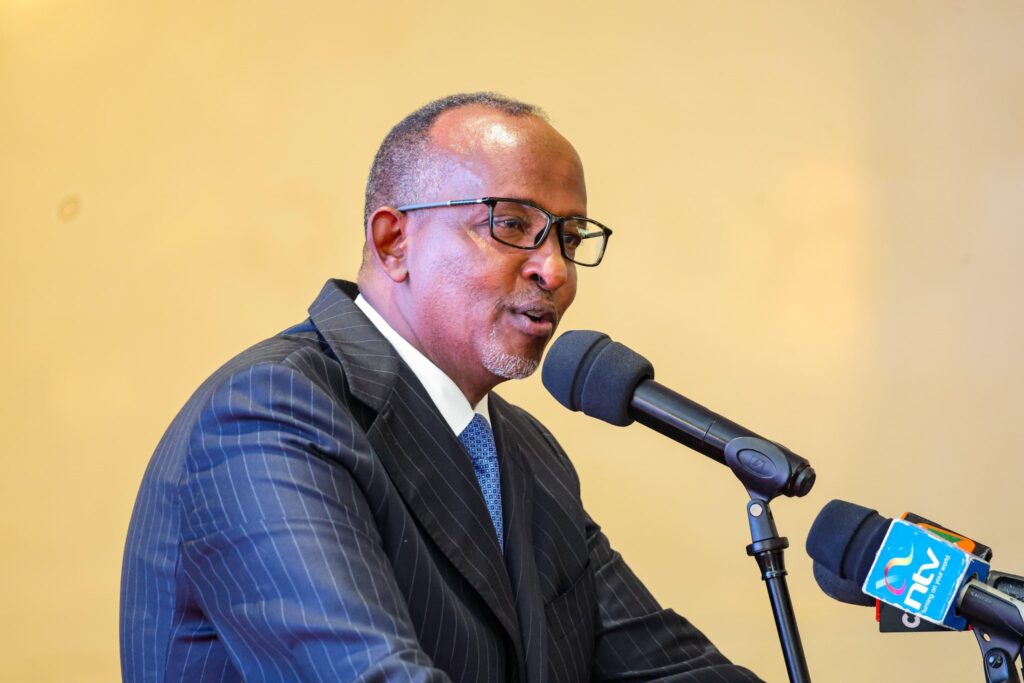Kenyans will now be able to access specialized medical treatment abroad through a new framework established under the Social Health Insurance scheme. The initiative is designed to ensure that citizens can receive life-saving procedures not available within the country, while also reinforcing the local health system.
The program will be implemented by the Social Health Authority (SHA) and follows the guidelines of the Social Health Insurance Act 2023 and related regulations. It also incorporates provisions of the Public Procurement and Asset Disposal Act to guarantee transparency, accountability, and evidence-based decision-making in all processes.
Only Kenyans who are up-to-date with their Social Health Insurance contributions will qualify for this benefit. Treatment abroad will be limited to SHA-contracted facilities accredited in their respective countries of operation. These facilities must also have established partnerships with local healthcare providers to ensure continuity of care once patients return home.
A gazette notice has already outlined an initial list of 36 specialized services currently unavailable in Kenya that qualify for overseas referrals. This list is expected to grow as ongoing Health Technology Assessments identify additional gaps in local capacity.
Before approval, all referrals will undergo a peer-review process to confirm medical necessity and ensure compliance with the Social Health Insurance benefits package. The scheme also includes a maximum treatment limit of KES 500,000 to maintain sustainability while offering access to critical care.
The SHA Board of Directors has been mandated to empanel and contract foreign facilities to provide these services. The board will also publish and regularly update a list of approved providers to guide Kenyans seeking treatment abroad.
This marks a major step forward in improving healthcare access and equity, especially for patients with conditions requiring highly specialized expertise or technology not yet available in the country. By enabling Kenyans to access advanced care beyond national borders while linking them back to local providers for follow-up, the framework strikes a balance between meeting urgent needs and strengthening domestic health capacity.
The move is being described as the beginning of a new era in healthcare delivery, one that prioritizes transparency, accountability, and quality outcomes for all Kenyans.

